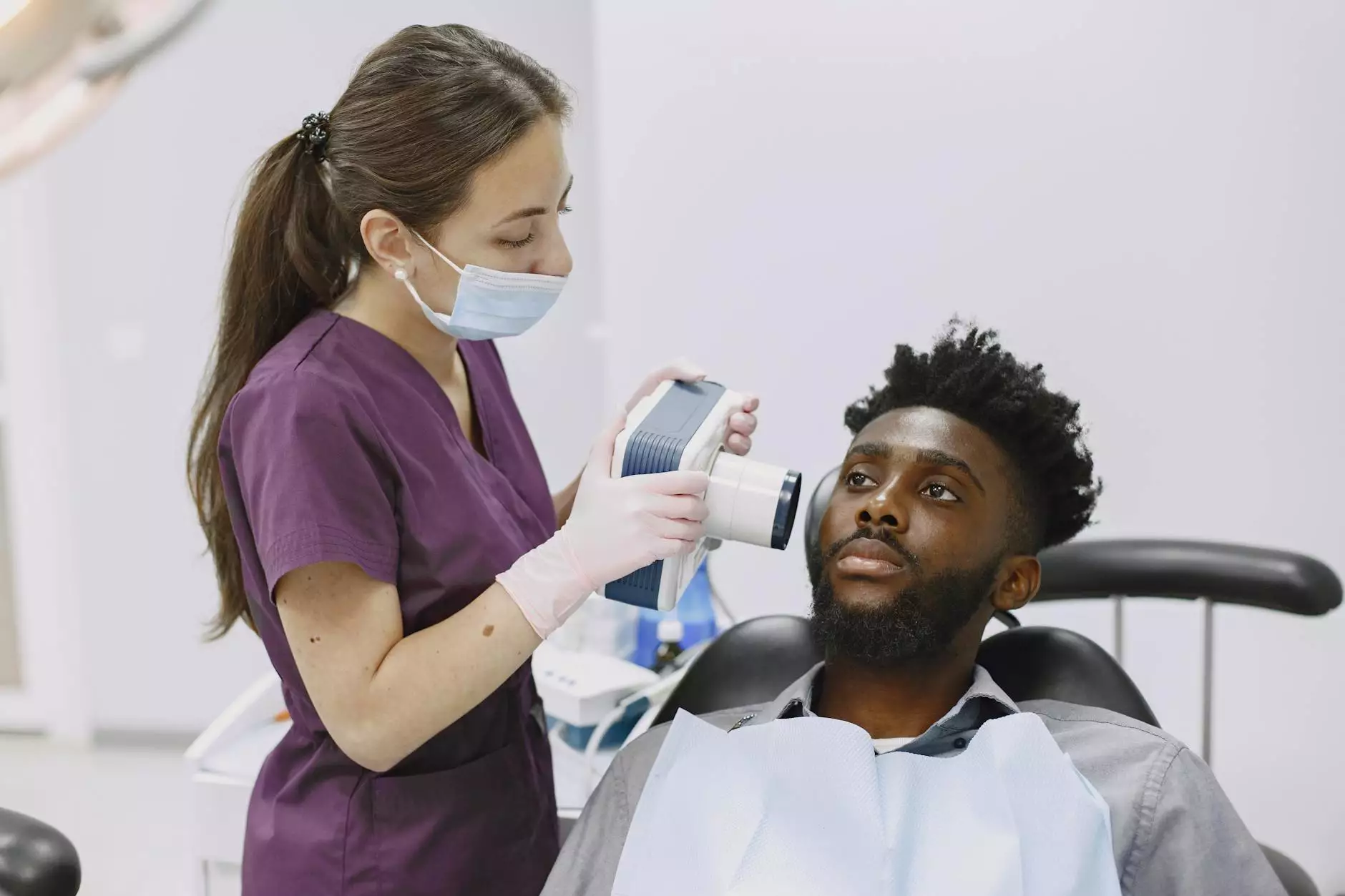The Importance of Racehorse Medicine in Equine Health

In the world of horse racing, ensuring the health and performance of racehorses is paramount. This is where racehorse medicine plays a critical role. It encompasses specialized medical practices tailored specifically to meet the unique needs of equine athletes. Understanding the various aspects of this domain not only highlights the dedication of veterinarians but also showcases the advanced technologies and treatments available in today's veterinary medicine.
What is Racehorse Medicine?
Racehorse medicine refers to the comprehensive care provided to racehorses, which includes preventive measures, diagnostics, and treatments specifically designed for their health and performance needs. This specialty intersects with various branches of veterinary science and is particularly focused on:
- Preventive Care: Vaccinations, deworming, and regular health check-ups.
- Diagnostic Imaging: X-rays, ultrasounds, and MRIs to identify injuries.
- Rehabilitation: Physical therapy and recovery programs for injured horses.
- Performance Enhancement: Nutritional advice and training regimens.
The Role of Veterinarians in Racehorse Medicine
Veterinarians specializing in racehorse medicine are highly trained professionals who possess a deep understanding of equine anatomy, physiology, and exercise science. Their expertise is critical in maintaining the health of racehorses and ensuring their performance on the track. Some of the key responsibilities of these veterinarians include:
- Conducting Health Assessments: Regular evaluations of the horse’s physical condition.
- Managing Pre- and Post-Race Care: Ensuring the horse is fit to race and managing recovery afterward.
- Injury Management: Diagnosing, treating, and rehabilitating injuries effectively.
- Advising Owners: Providing insights on care, nutrition, and training regimens.
Importance of Preventive Care in Racehorse Medicine
Preventive care is a cornerstone of racehorse medicine. By focusing on preventing health issues before they arise, veterinarians can greatly enhance a racehorse’s longevity and performance. Here are some preventive measures that are commonly practiced:
- Vaccinations: Protecting horses from common infectious diseases such as West Nile Virus and Equine Influenza.
- Deworming: Regular deworming schedules to prevent parasitic infections that could affect performance.
- Regular Dental Check-ups: Ensuring proper dental care to prevent pain and nutritional issues.
- Nutrition Management: Providing a balanced diet that meets the specific needs of competing horses.
Advancements in Diagnostic Technology
The field of racehorse medicine has seen tremendous advancements in diagnostic technology. These innovations have revolutionized the way veterinarians assess horse health and performance:
- X-ray and Ultrasound Technology: Essential for diagnosing injuries to bones and soft tissues.
- Magnetic Resonance Imaging (MRI): Allows for detailed images of the horse’s internal structures.
- Endoscopy: Used to examine the respiratory system and gastrointestinal tract.
These technologies enable veterinarians to make informed decisions about treatments and recovery plans, reducing downtime for racehorses and improving their chances of success.
Rehabilitation Techniques in Racehorse Medicine
Recovery from injuries is a crucial aspect of racehorse medicine. Horse racing is physically demanding, and the likelihood of injury is always present. Rehabilitation programs are essential for helping horses regain their strength and performance capabilities:
- Physical Therapy: Utilizing techniques such as massage, stretching, and hydrotherapy.
- Controlled Exercise Programs: Gradually reintroducing physical activity to assist recovery.
- Nutritional Support: Tailoring diets to aid in recovery and rebuild muscle mass.
Through these rehabilitation techniques, veterinarians aim to ensure that racehorses return to their peak performance levels as quickly and safely as possible.
Nutrition and Performance in Racehorses
Nutrition plays a monumental role in the health and performance of racehorses. A well-balanced diet that meets the unique needs of racehorses is crucial. Here are some key components of a racehorse's diet:
- Quality Forage: Grass hay or alfalfa, which provides essential fiber for digestive health.
- Concentrates: High-energy grains that support performance and stamina.
- Hydration: Ensuring horses have constant access to clean, fresh water is vital.
- Supplements: Vitamins and minerals may be added to ensure optimal health.
Veterinarians often work hand-in-hand with nutritionists to formulate diets that are tailored specifically for the unique energy and nutrient requirements of racehorses.
Potential Challenges in Racehorse Medicine
While racehorse medicine has made significant advancements, challenges still persist. Some common challenges include:
- Injury Prevention: Racing brings a high risk of injuries, which can sideline horses for significant periods.
- Regulatory Concerns: Adhering to strict regulations regarding medication and treatment.
- Owner Education: Ensuring that horse owners are informed about proper care and health practices.
Overcoming these challenges requires ongoing education, communication, and collaboration among veterinarians, trainers, and horse owners.
Conclusion: The Future of Racehorse Medicine
The field of racehorse medicine continues to evolve, driven by advances in science and technology. By focusing on preventive care, utilizing advanced diagnostic tools, and applying effective rehabilitation techniques, veterinarians are paving the way for healthier and more competitive racehorses.
As we look to the future, we can expect even more innovations in racehorse medicine, enhancing the performance and well-being of these magnificent athletes. Share your experiences and insights about racehorse medicine in the comments below or reach out to expert veterinarians at Blue Pearls Med for more information on the best practices for caring for your equine companion.









